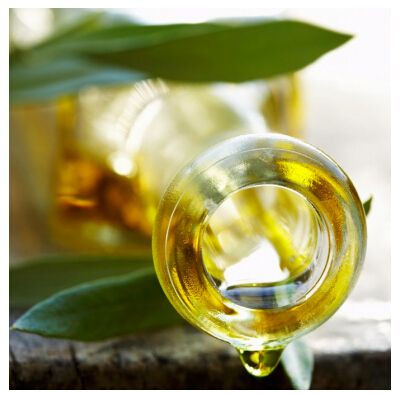Bioactivity and application of Camellia seed oil

Camellia seed oil is rich in unsaturated fatty acids, especially oleic acid. Oleic acid is a monounsaturated fatty acid that can effectively prevent cardiovascular diseases such as hypertension and hyperlipidemia. Through the experiment of intragastric tea oil test in rats, it was found that the body weight of rats in the gavage group had no significant change, and the contents of TG and total cholesterol were significantly lower than those of the control group, indicating that tea oil has a good effect on regulating blood lipids.
Camellia seed oil is rich in VE and tea polyphenols, which can scavenge free radicals, anti-aging, protect cell membrane structure, inhibit the release of histamine from mast cells and reduce the production of cytokines, inhibit inflammation or reduce inflammation. Camellia seed oil press
Other studies have shown that camellia seed oil has significant effects in delaying atherosclerosis, increasing gastrointestinal absorption and promoting endocrine gland hormone secretion.
Tea oil is a pure natural wood edible oil that is strongly promoted and promoted by the international community. It is also a health-care and high-grade plant edible oil promoted by the International Food and Agriculture Organization. It has the characteristics of high smoke point, high stability and storage resistance. Continuous frying at 200 °C, the effect on the quality of the oil.
The results showed that tea oil did not produce trans fatty acids, and the quality did not change significantly. Therefore, tea oil is more suitable for frying and baking foods than other oils.
In the domestic and international cosmetics market, tea oil has long been widely used. Tea oil contains about 80% oleic acid glyceride, and contains a lot of fat-soluble vitamins compared with other oils, which has good moisturizing and anti-inflammatory effects on the skin.